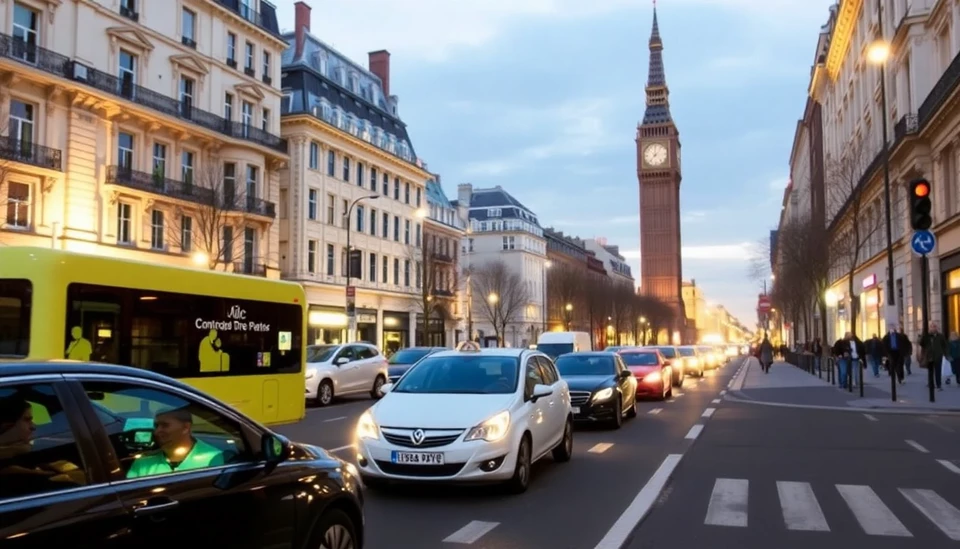
In a bold and transformative initiative, the cities of Paris, New York, and London have taken significant strides to reduce car use in their urban centers. This sweeping shift is not just about limiting traffic but fundamentally altering the landscape of urban life, providing a model for sustainable living that could influence cities around the globe.
As cities grapple with air quality and climate change, the drive toward cutting car usage is gaining unprecedented momentum. Paris, New York, and London have implemented stringent measures aimed at discouraging the use of cars, which has led to considerable changes in daily life for residents and visitors alike. Understanding how these metropolises have managed this transition can shed light on their future and serve as a template for other urban centers.
Initially, these efforts were met with skepticism. Residents and business owners worried about the potential loss of accessibility and an increase in congestion as alternative transportation options were developed. However, government officials highlighted the benefits of reduced pollution levels, healthier lifestyles due to increased walkability, and the enhancement of city aesthetics. Over time, support for these measures has grown as residents began to experience the benefits firsthand.
In Paris, the mayor's push for a car-free city was reflected in reduced speed limits, expanded bike lanes, and improved public transportation systems. By banning cars from key areas, such as the iconic Champs-Elysées, the city has not only improved air quality but also enhanced the experience of the area for tourists and locals alike. This shift has been accompanied by a cultural change, prioritizing sustainable transportation options over traditional car usage.
Meanwhile, New York's introduction of various congestion pricing models aimed at discouraging residents from driving into Manhattan during peak hours has resulted in noteworthy shifts in transportation habits. The funds generated from congestion fees have been reinvested into public transit, enhancing subway and bus services. This has allowed New Yorkers to explore the city without relying on cars, creating a bustling environment that promotes community foot traffic and local commerce.
In London, the Ultra Low Emission Zone (ULEZ) has had a profound impact on the city's emissions and has encoraged the adoption of electric vehicles. The £12.50 daily charge for driving non-compliant vehicles within the Zone has not only driven down pollution levels but has led to a cultural shift toward greener transport choices, including cycling and public transportation.
As these changes take root, the positive impacts on public health and urban vitality are becoming evident. A decrease in car reliance has led to less congestion, safer streets, and increased usage of public spaces for recreation and community events. The feedback from residents is overwhelmingly positive, with many expressing their satisfaction with the improvements in their quality of life.
Critics, however, caution against complacency. They warn that while initial results are promising, ongoing investment in infrastructure and public services is essential to maintain momentum and ensure that these changes are equitable. Ensuring that public transportation is accessible and affordable for all remains a priority for city planners going forward. This includes addressing potential disparities that may arise as urban areas become increasingly car-free.
As the global awareness of climate change intensifies, Paris, New York, and London stand as examples of what can be accomplished with bold vision and decisive action. The future is bright for these urban centers as they continue to innovate and adapt, ultimately setting the stage for a more sustainable, vibrant, and equitable urban experience for all residents.
As other cities observe these shifts, they may be inspired to rethink their own transportation policies and urban planning strategies, marking a transformative era in the way we live, move, and engage within our cities.
#CarFreeCities #SustainableUrbanLiving #TransportationRevolution #Paris #NewYork #London #EcoFriendly #UrbanPlanning #ClimateAction
Author: Peter Collins




